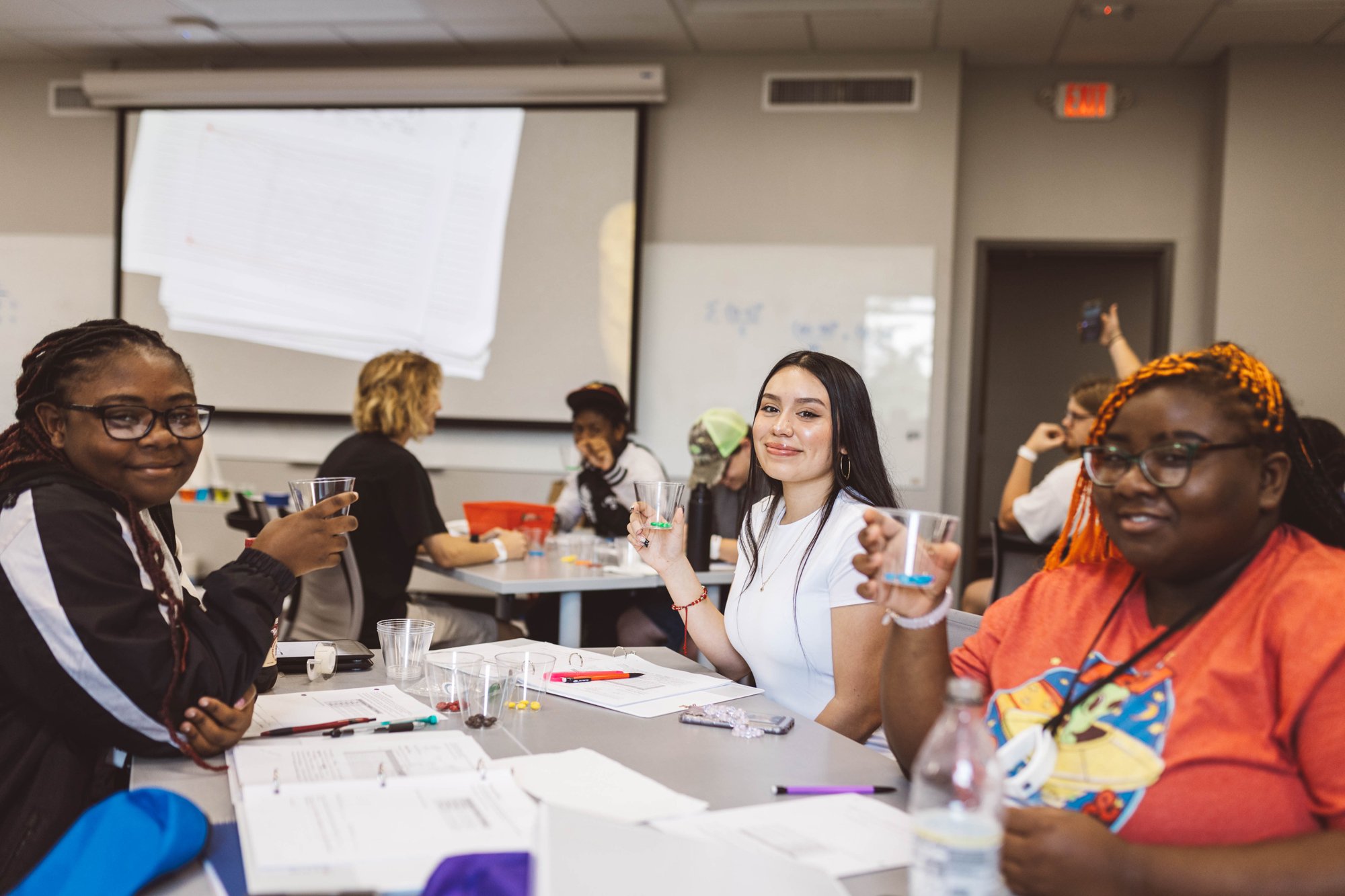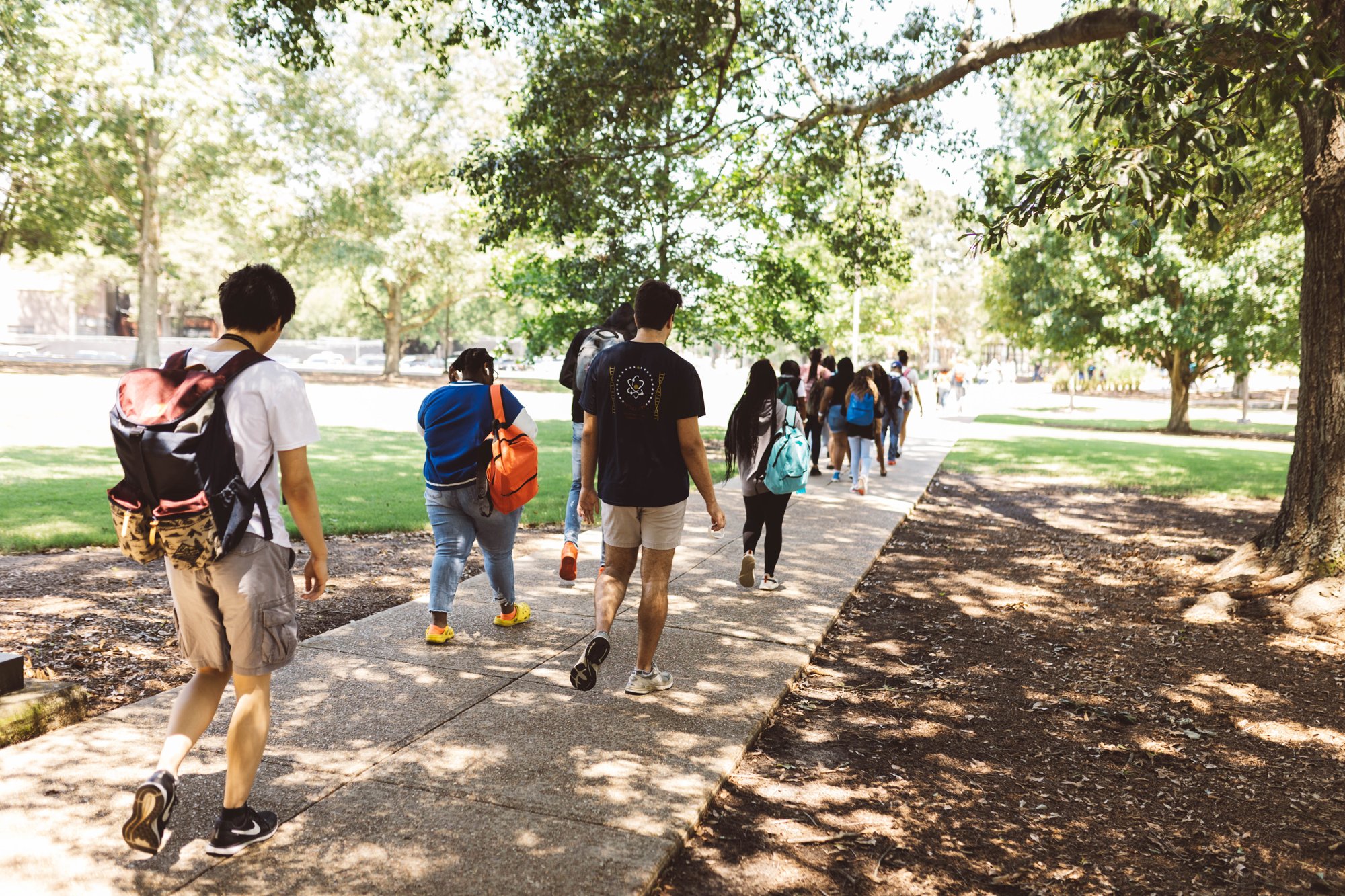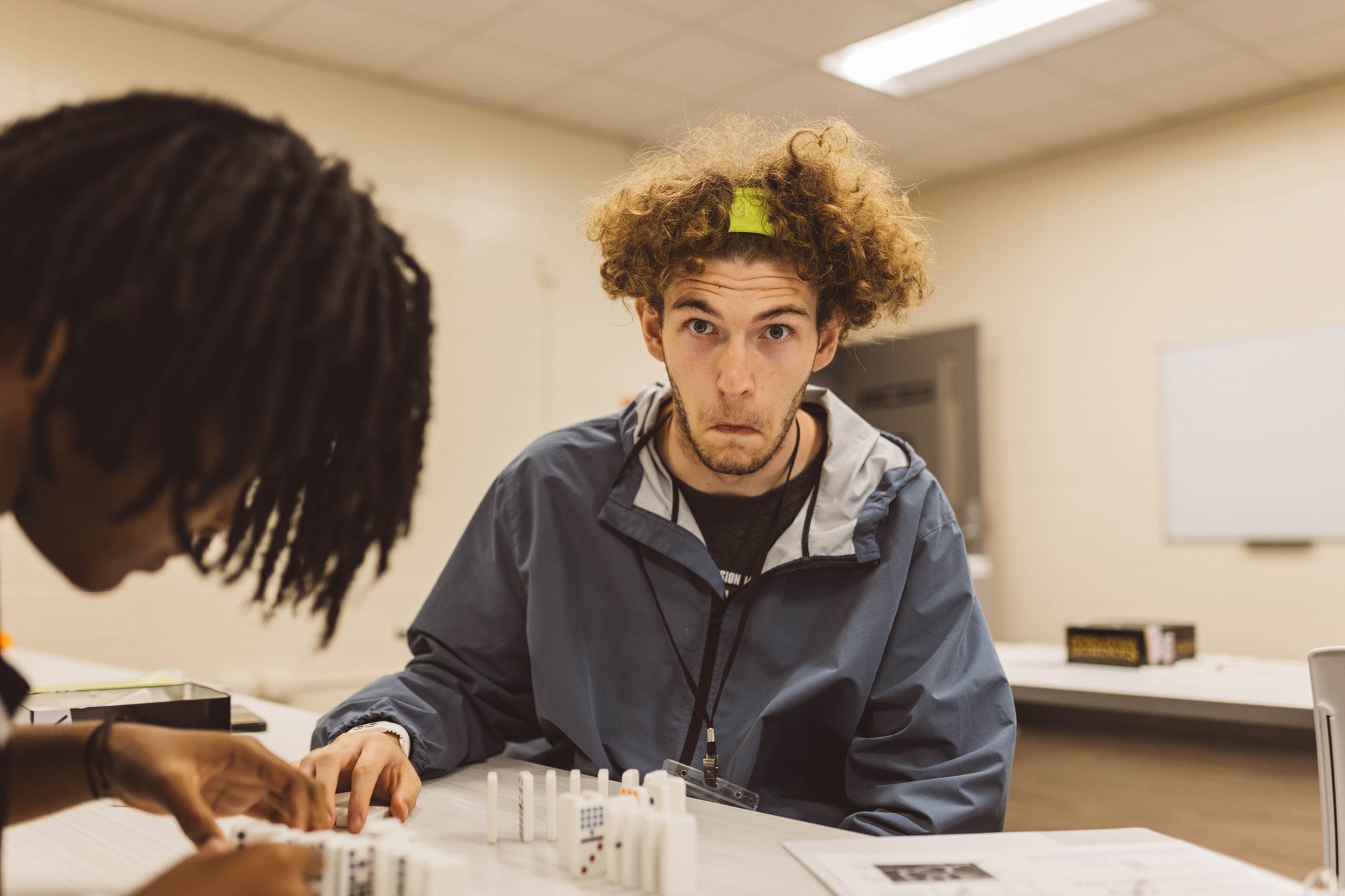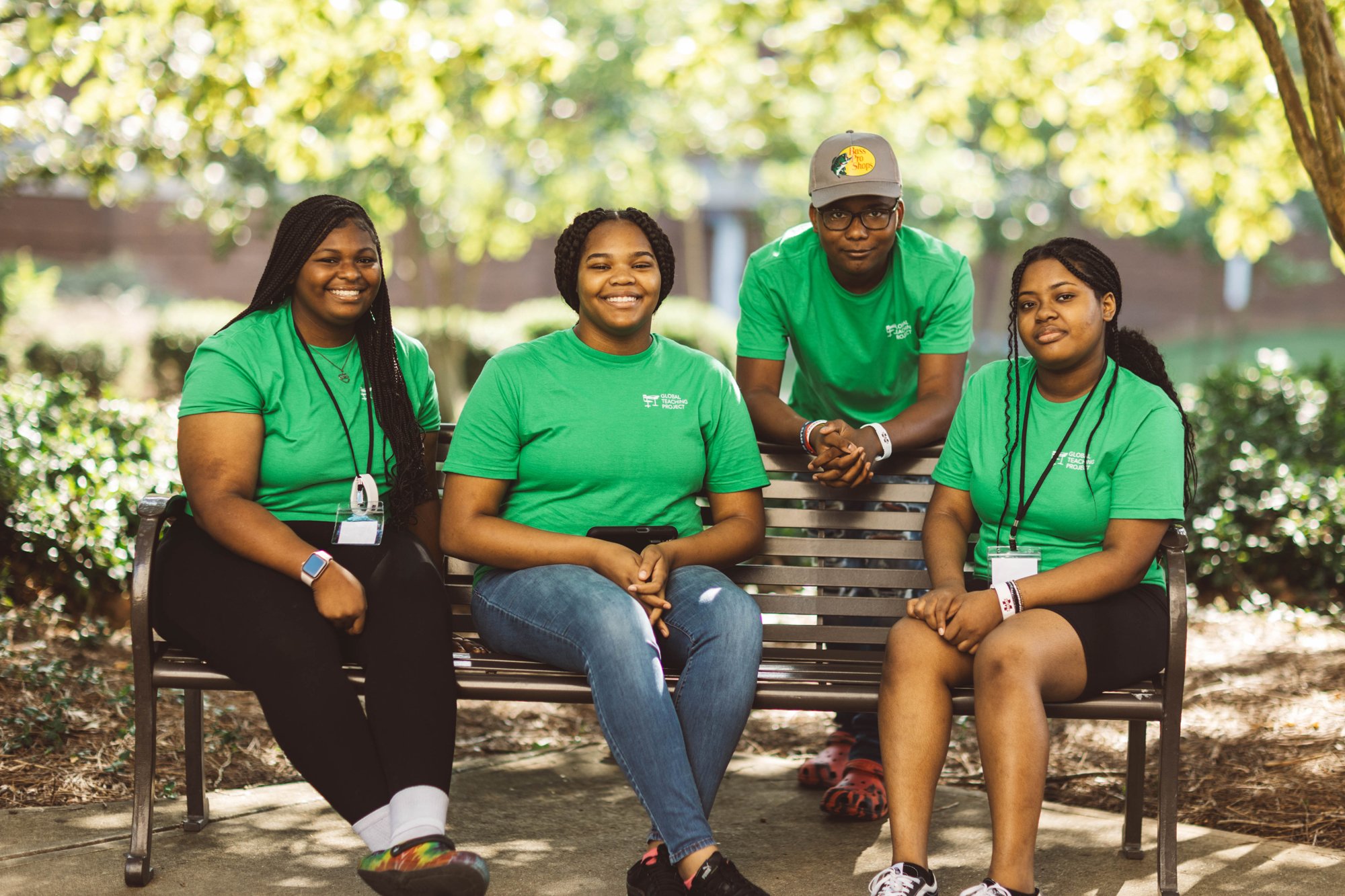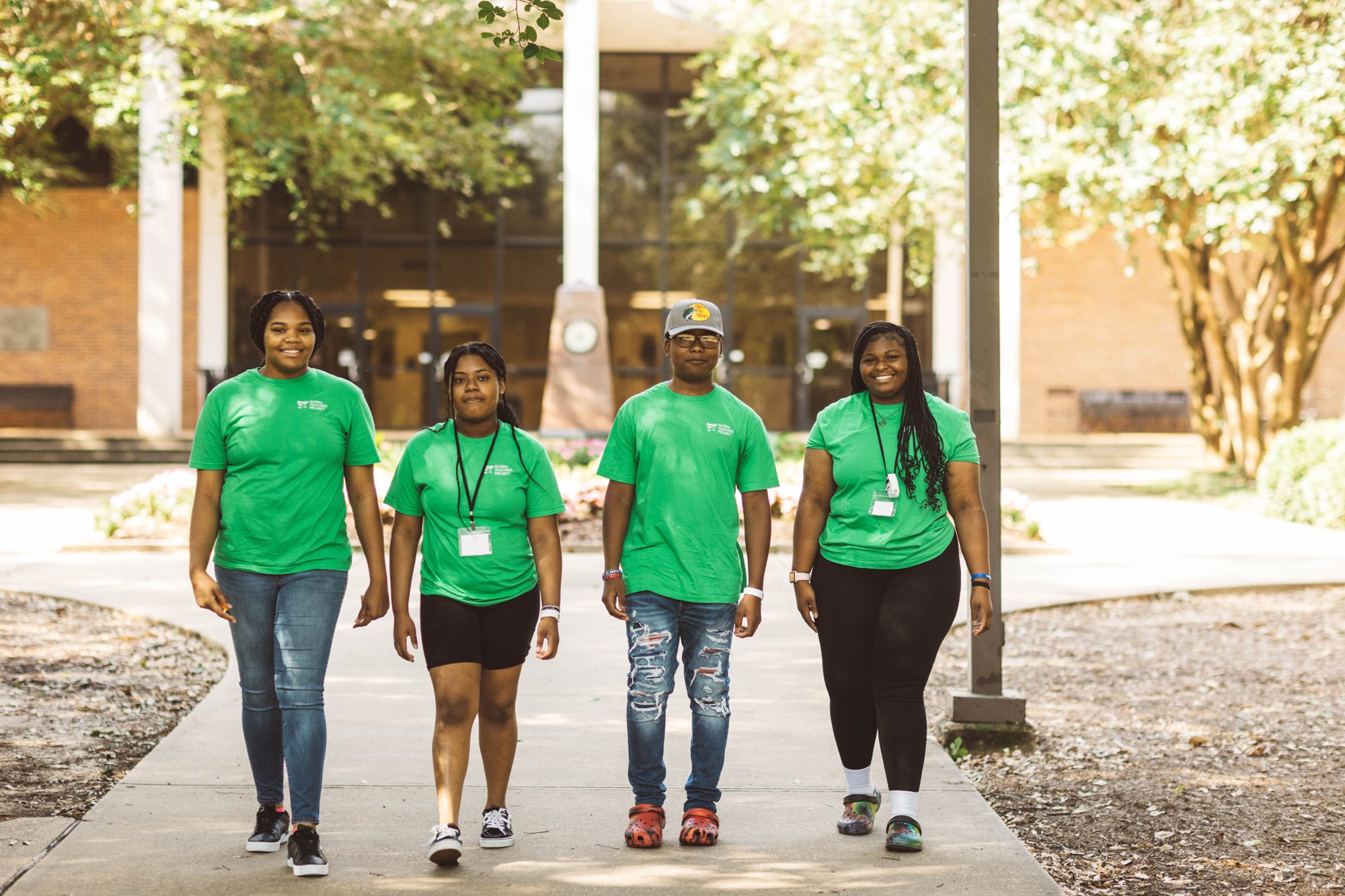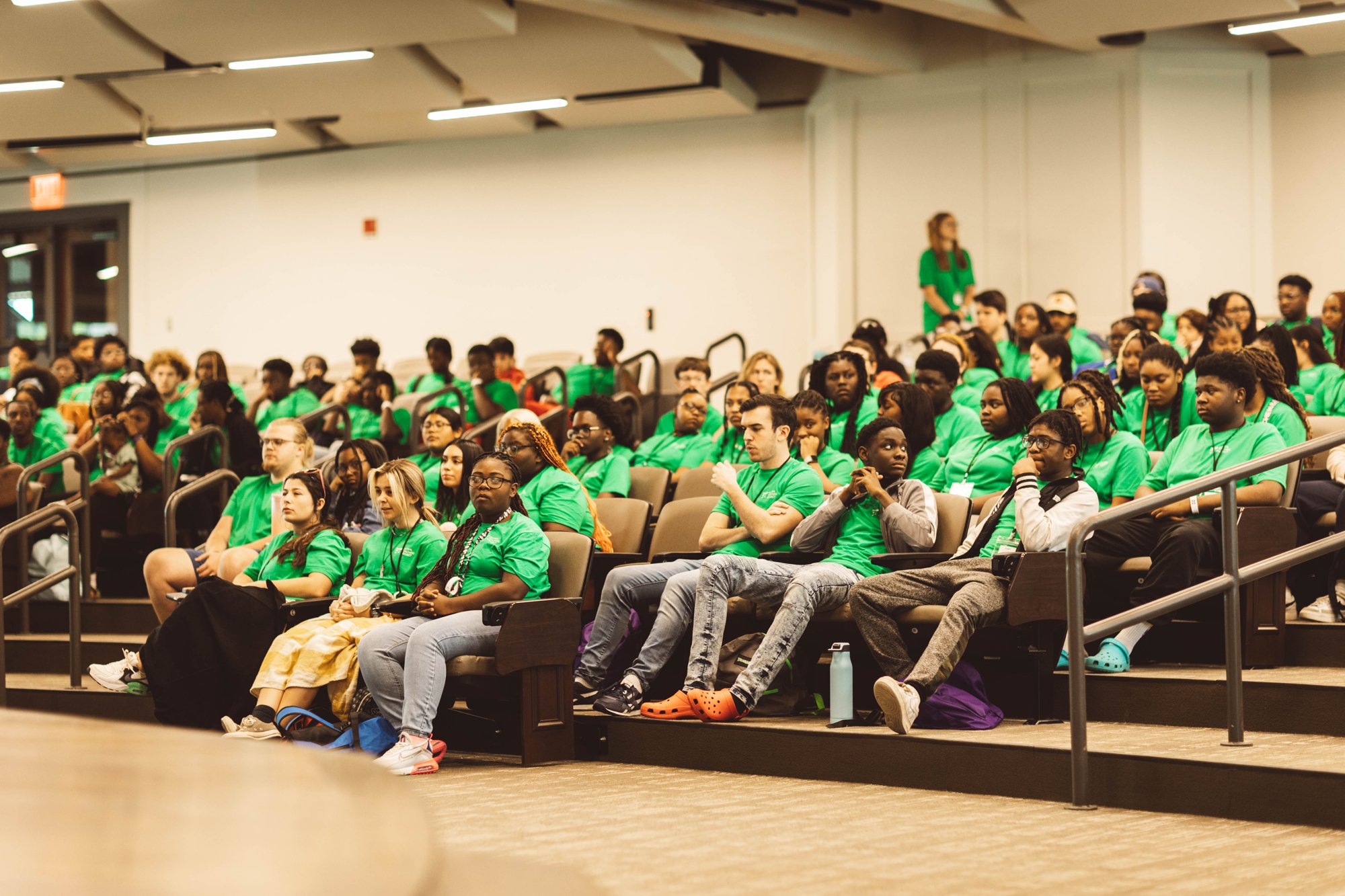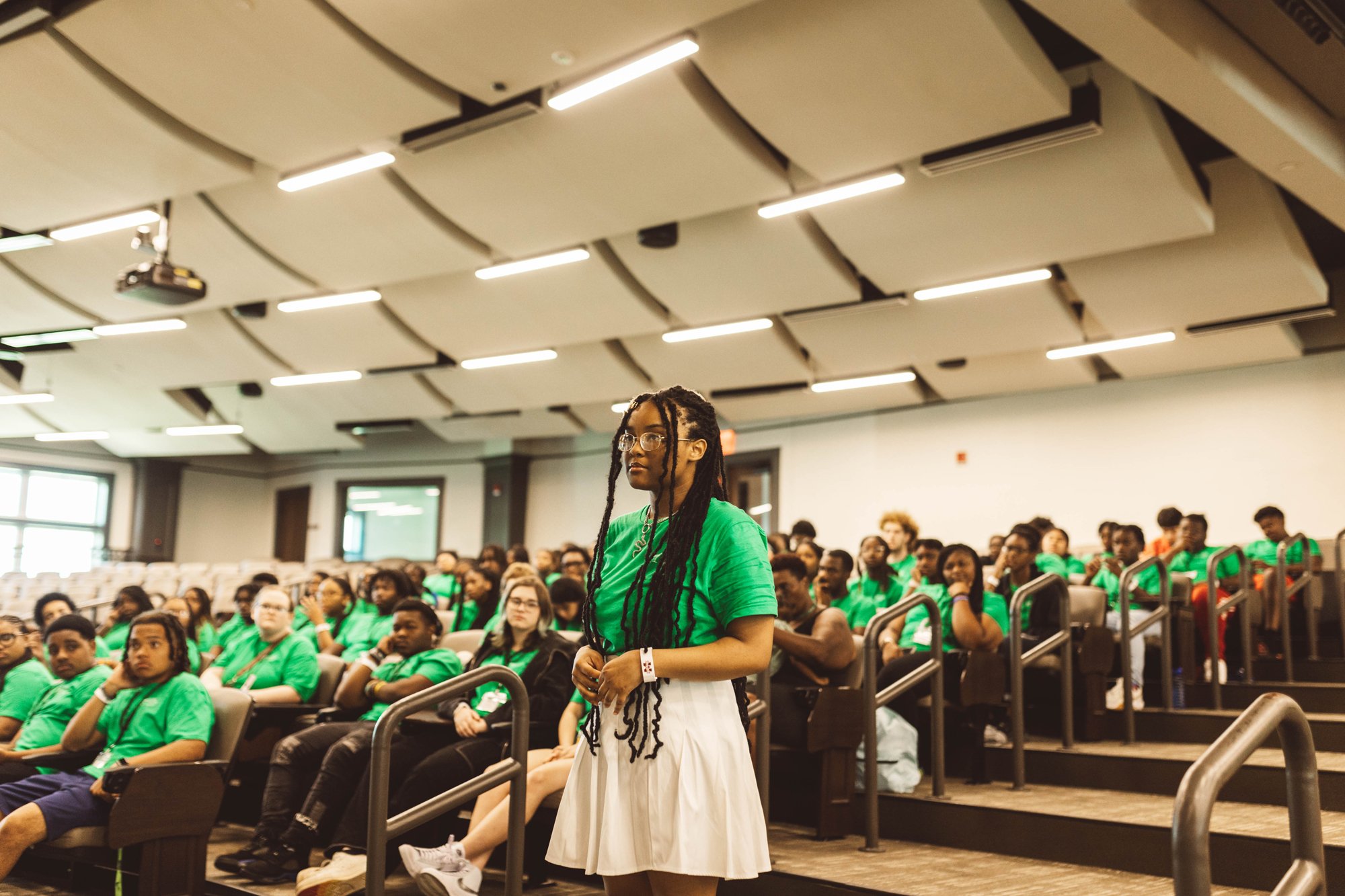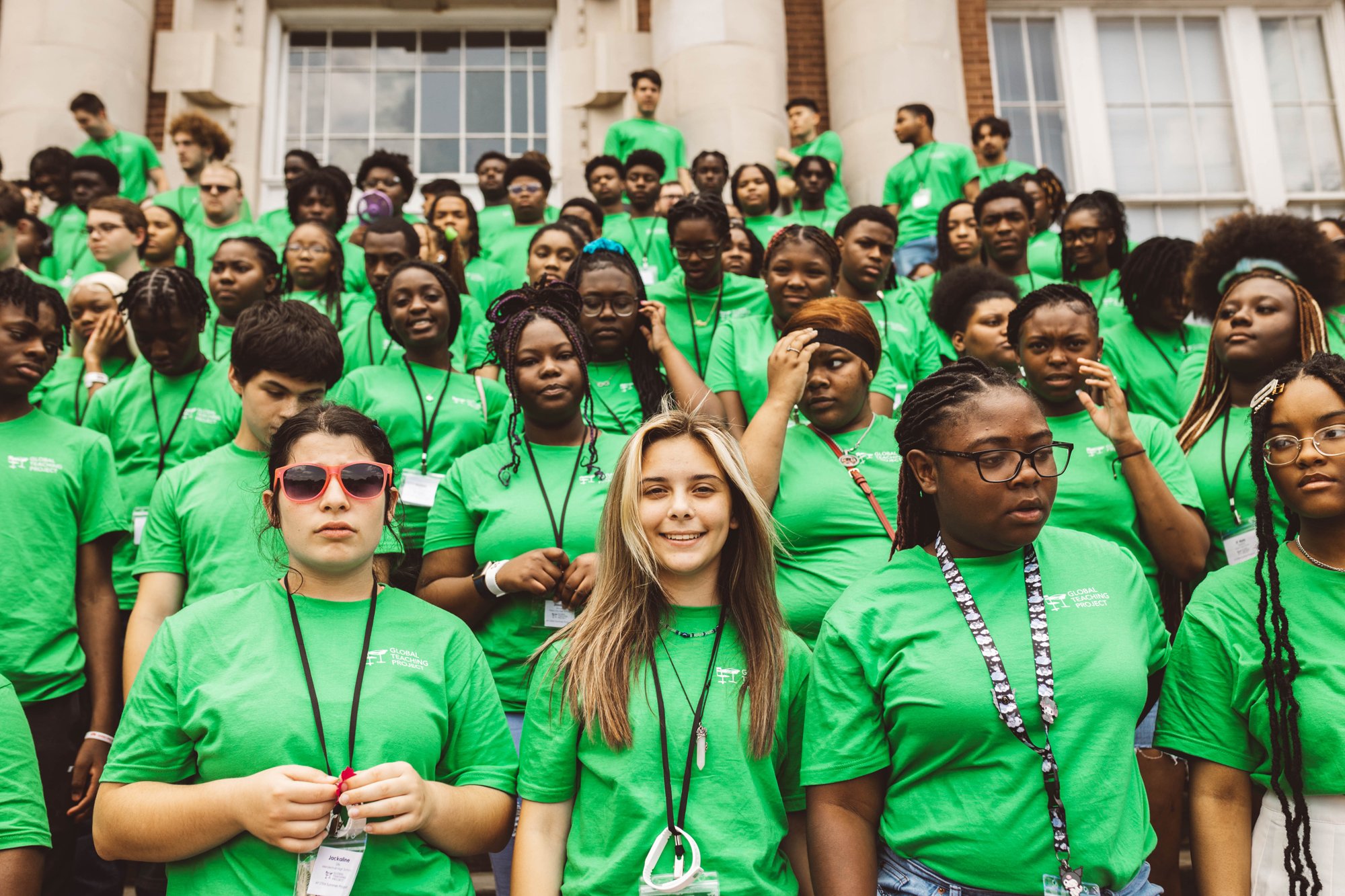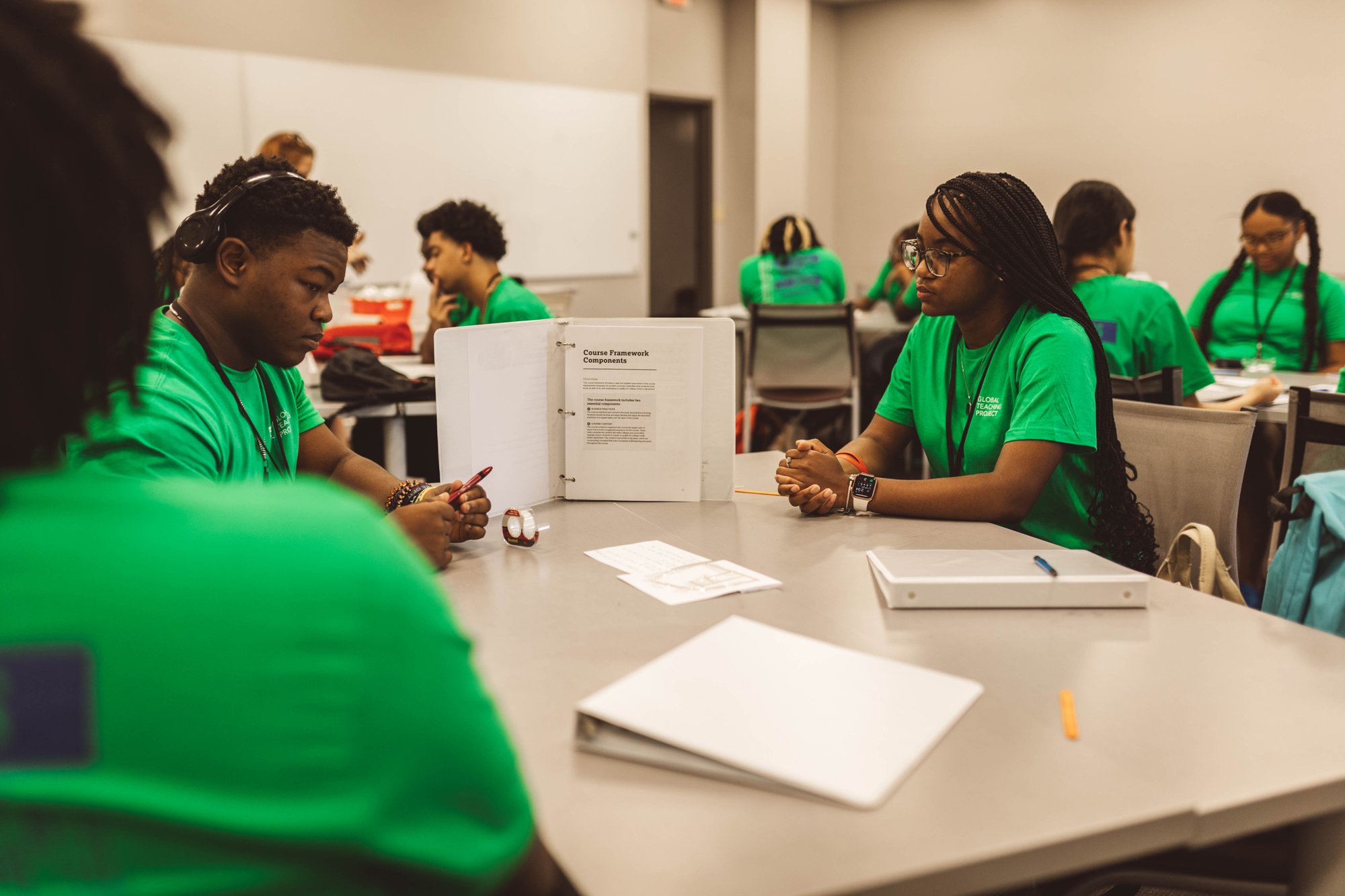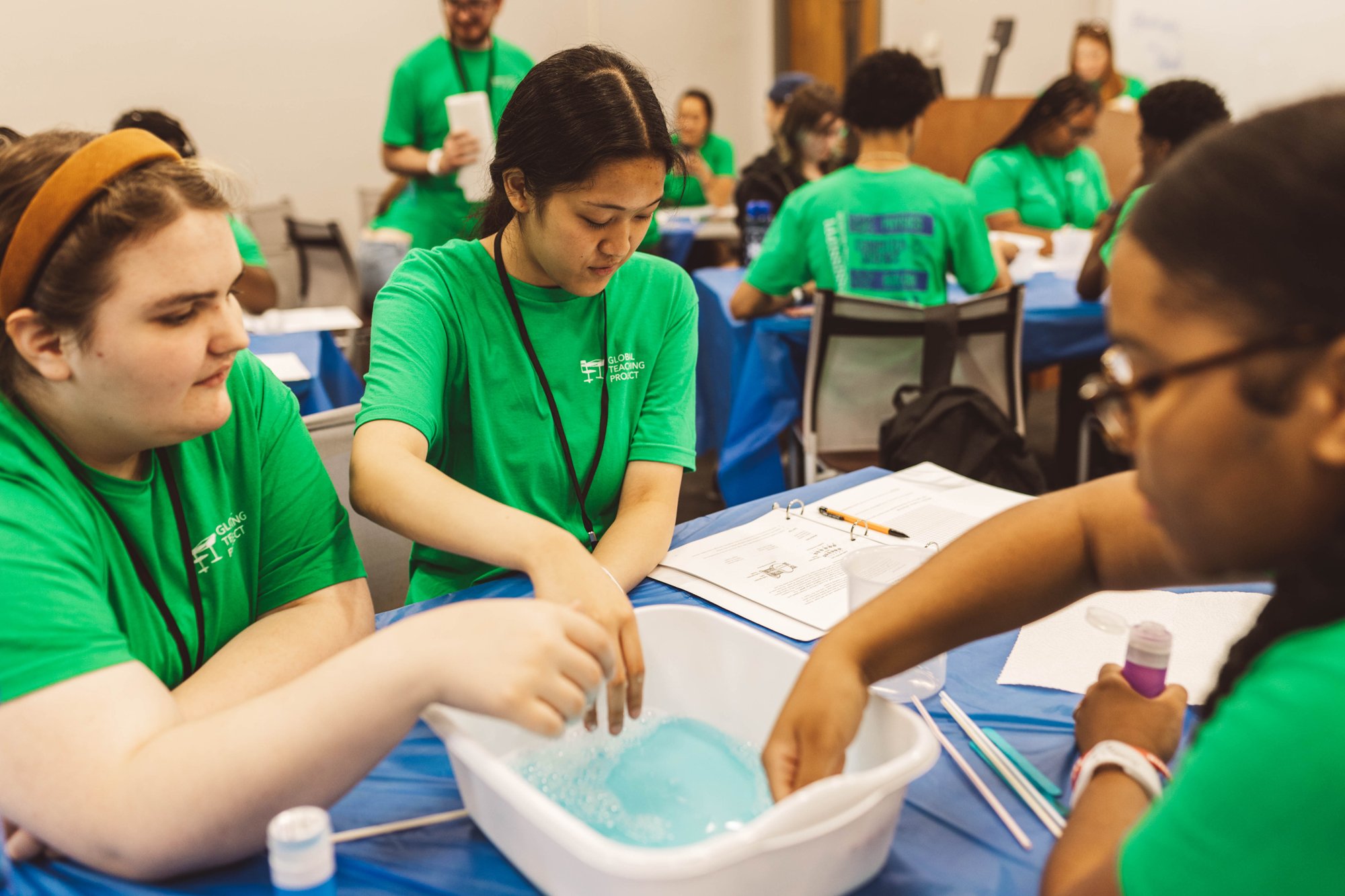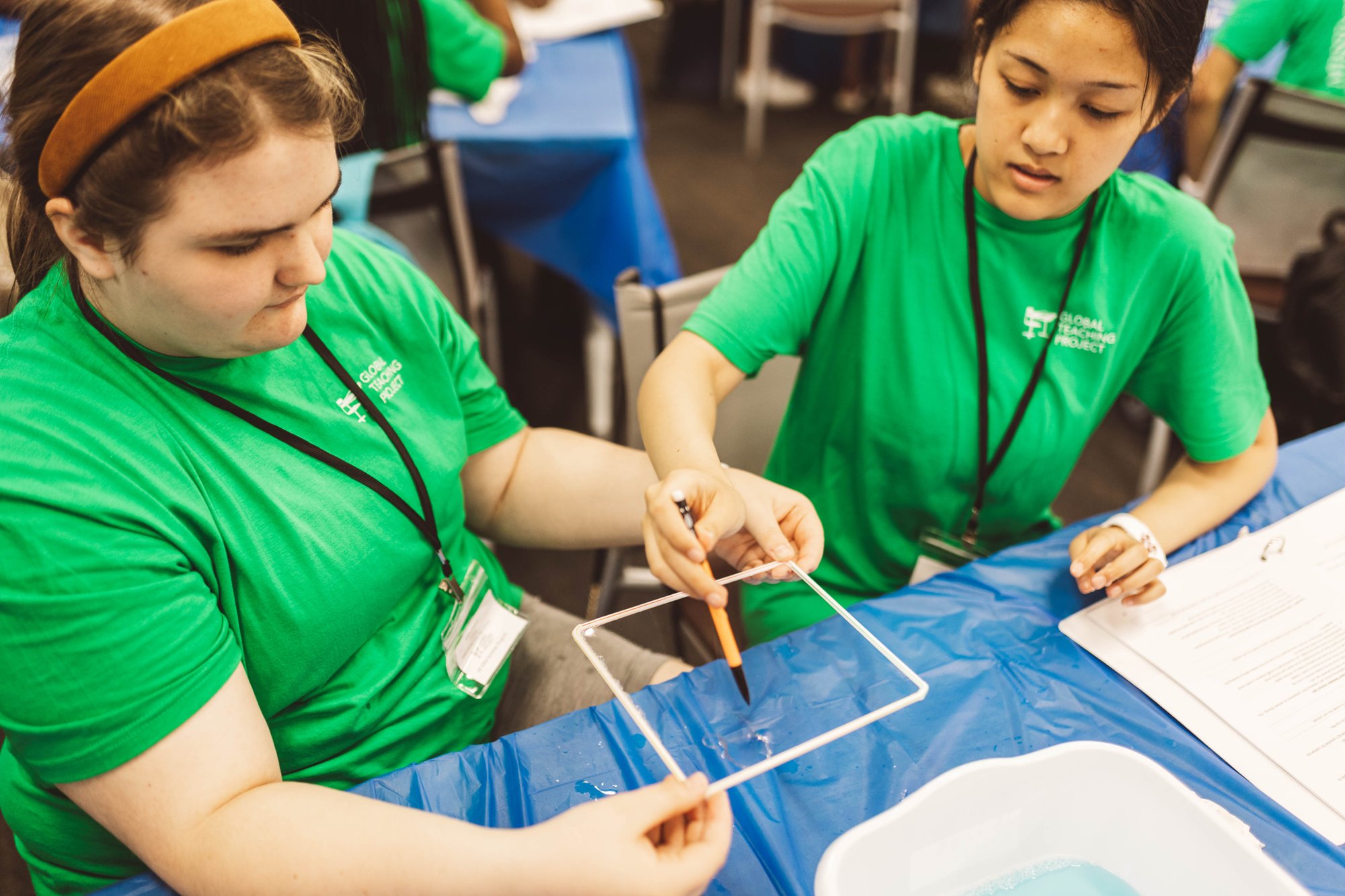
Bringing blended AP STEM coursework
to Mississippi’s most talented students
We provide comprehensive, blended AP STEM courses to talented Mississippi high school students across rural, public school districts.
University Partners
Nicole Roberson
Principal Investigator (PI) for the AP STEM Access Program
Nicole Roberson is the Principal Investigator of the AP STEM Access Program and Faculty at the University of Mississippi School of Education where she serves as the instructor of secondary science education.
For the past 20 years, Nicole has been fostering the development of scientific thinking and reasoning to high school students as a STEM teacher at Oxford and Senatobia School Districts. She provides opportunities for exploration, discovery, and meaningful discussion within the science classroom. She engages students in innovative classroom practices, rich in technology, to ensure viable and successful 21st-century learning for her students. As an AP-certified teacher, Nicole has led her students to score higher than state and global averages in both AP Biology and AP Environmental Science. In her current roles, Nicole aspires to share these skills with current and future science teachers in order to provide the students of Mississippi with a high-quality science education.
Nicole is a life-long resident of the state of Mississippi. After graduating from Belmont High School in northeast Mississippi, she received both her Bachelor’s and Master’s degrees in secondary science education from the University of Mississippi. She currently resides in Oxford with her husband, Bradley, and their two children, Riley and Cullen.
Participating Schools & School Districts
Aberdeen High School
Ashland High School
Belmont Attendance Center
Clarkdale High School
Clarksdale High School
Amanda Elzy High School
Ethel High School
Greenville High School
Greenwood High School
Hickory Flat Attendance Center
Holmes County Central High School
Humphreys County High School
Independence High School
Lake High School
Leflore County High School
Leland High School
Madison S. Palmer High School
McAdams High School
Mendenhall High School
Morton High School
Northside High School
Northeast Lauderdale High School
Newton High School
North Pontotoc High School
Noxubee County High School
O'Bannon High School
Philadelphia High School
Quitman High School
Riverside High School
Scott Central High School
Sebastopol High School
Senatobia High School
South Pontotoc High School
Starkville High School
Strayhorn High School
Tishomingo County High School
Union High School
West Lauderdale High School
Yazoo City High School
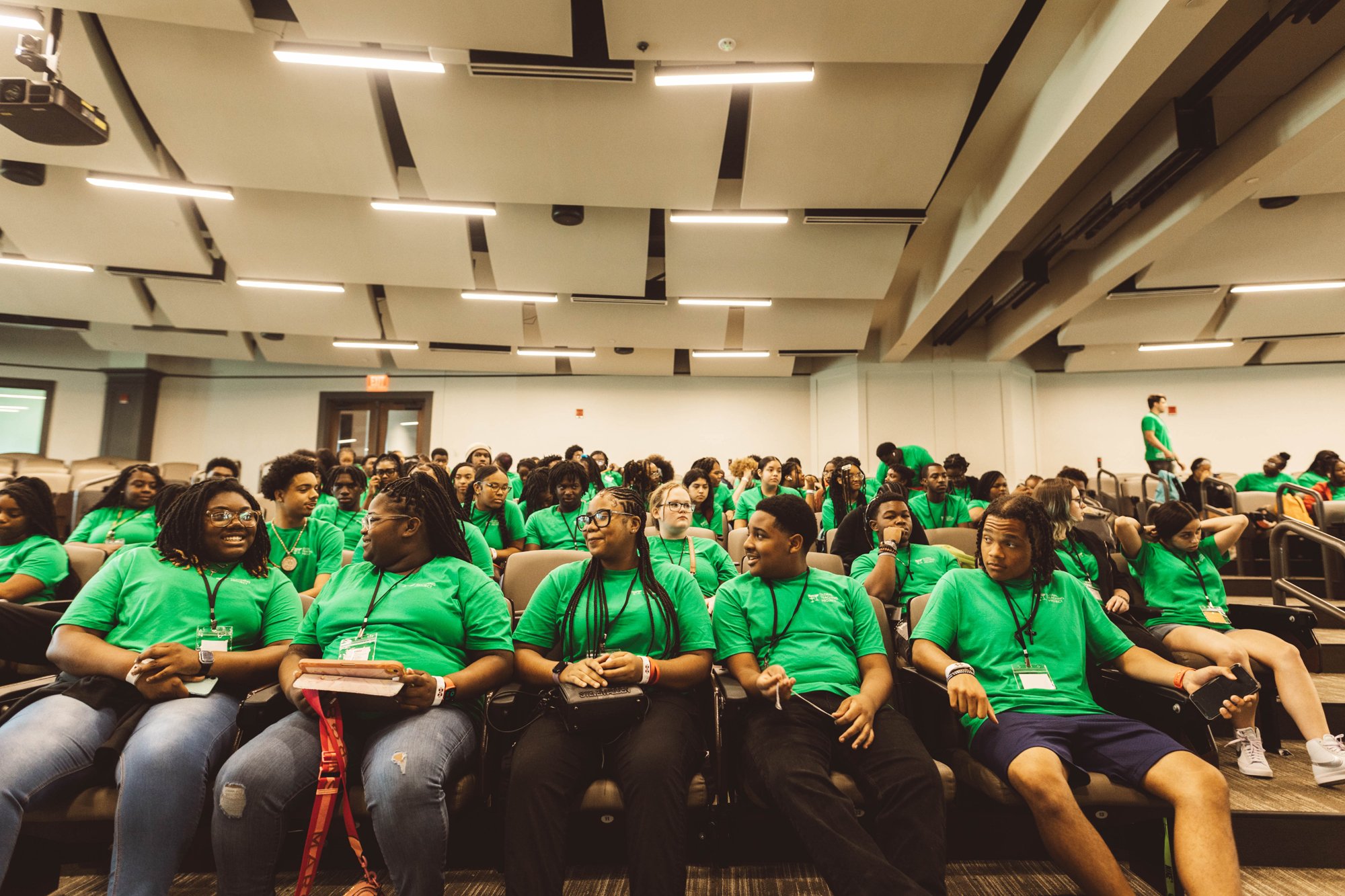
Why Mississippi?
Rural schools across Mississippi are eager to teach advanced STEM courses in their classrooms.
But prospective teachers are scarce.
In 2018 in Mississippi, there were more than 2,100 teaching vacancies and 2,256 uncertified teachers.
The trend is rapidly declining. In 2013, MDE licensed 3,447 teachers; in 2018, it licensed 1,624.
This lack of teachers leads to devastating consequences for Mississippi’s students.
Nationally, over 1.5 million AP® exams were administered in 2017 in 12 math and science subjects compared to 4,000 in Mississippi. In 9 of these 12 subjects, the average score of Mississippi students was below a 3.
Mississippi-based, AP-certified supervisory teachers create the curriculum, maintain an online course platform, and support in-class instructors with detailed course outlines and guidance.
In-class teachers implement lesson plans and provide additional instruction.
Substantial professional development and curriculum support is provided to in-class teachers, including university-based residential training and instructional programs.
Weekly video conferences with supervisory instructors to review material, share classroom experiences, and go over future lesson plans.
Physical textbooks, workbooks, instructional videos, substantial online resources and Chromebooks are provided to students.
Immersive, university-based residential programs provide substantial foundational instruction, college guidance, and other instructional support, which in-class teachers and tutors also attend.
College-student STEM majors from some of the nation's leading universities are assigned to each class and provide regular video conference tutoring sessions.
Annual Calendar
July:
Summer Residential Preparatory Program (MSU)August:
School begins in MS – program kicks off in individual schools – this is the start of in-class work, virtual tutoring sessions, Zoom instructional sessions with Supervisory Instructors (M/T/Th for AP Physics 1)September:
AP Registration period begins / Sign-up for courses through the College BoardSeptember / October:
Welcome Dinner Programs at each schoolNovember:
College Board deadline for schools to order AP ExamsJanuary (MLK weekend):
Winter Residential Review Program (occur over the holiday weekend at both Jackson State University / Millsaps College)March / April:
Spring Residential Review Programs (Delta State University / University of Mississippi)May:
AP Exams commenceJuly:
AP exam scores released
Achievements
The AP STEM Access Program, in conjunction with the Global Teaching Project, has been recognized and commended for its work bringing advanced STEM courses to promising high school students in rural Mississippi.
AT A GLANCE • SINCE 2017
38
Schools
1,000+
STUDENTS
4
COURSES
AP® Physics 1, AP® Computer Science Principles, AP® Biology and AP® Statistics
News and Press
He Beat the Odds To Get to UVA, Thanks to the Wahoo Community
UVA Today published an article last week on our initiative to provide promising high school students in rural Mississippi communities access to the advanced STEM courses they need to achieve their full potential, but which their schools otherwise may not be able to offer.
College Board Spotlights GTP’s Unique Success in Expanding AP Access
September 10, 2023
GTP Students’ AP Scores Achieve Key Breakthroughs
August 9, 2023
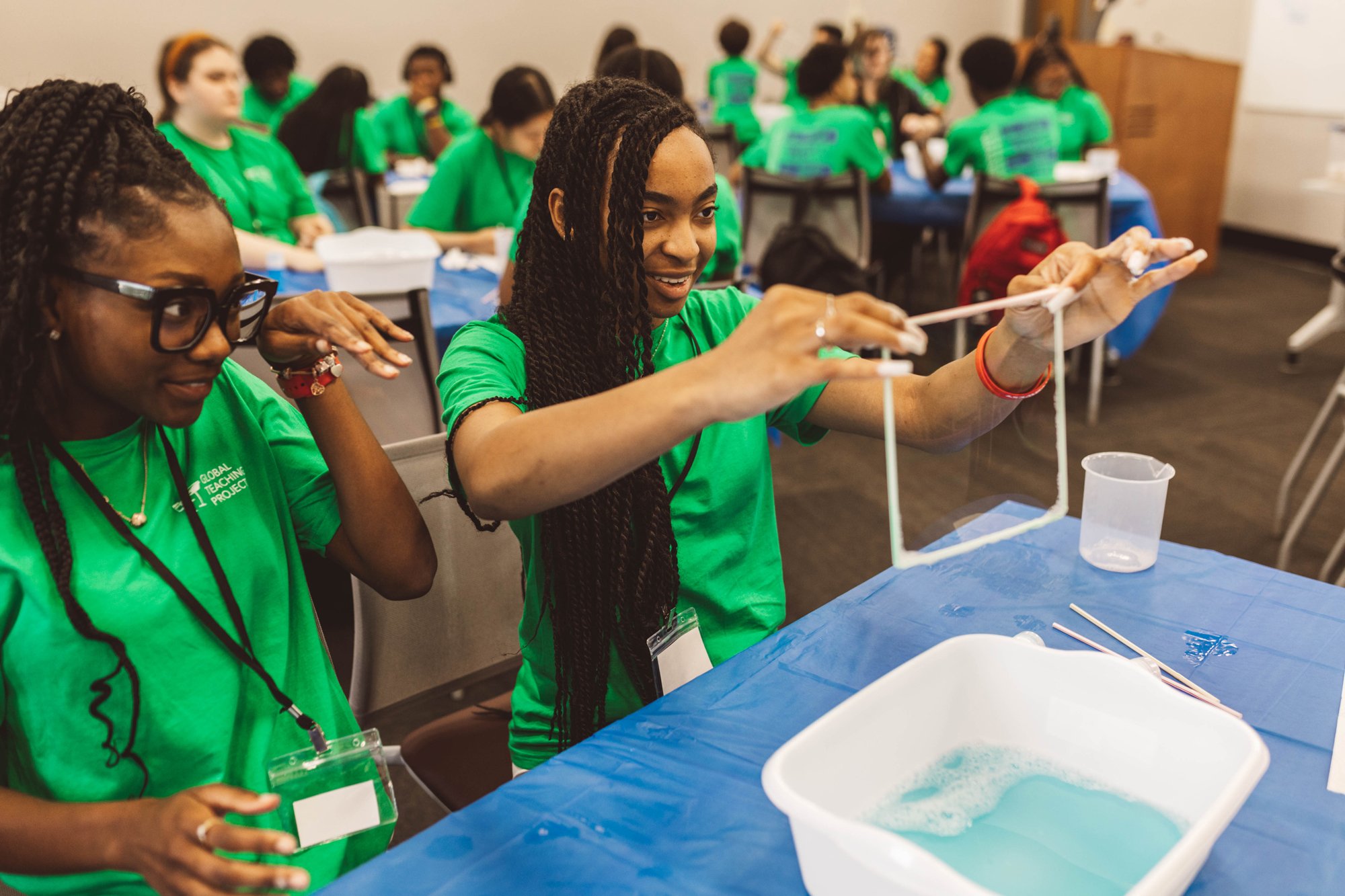
FAQs
Do we need to buy any equipment?
Participation in our courses require several key technology components. A large video screen with built-in or external videoconferencing technology is necessary for the classroom, coupled with a reliable internet connection. For certain courses, students should have a designated laptop or Chromebook with internet capability. We will work with your school to ensure that you have the technology needed for your students to succeed in their coursework.
When do the students take the classes?
The AP Physics 1 and AP Computer Science Principles courses are offered as any other in the school's curriculum, with a regular class schedule during the school day.
What if our school does not have an AP-certified teacher for the course?
We are here to help. Though the blended format of our courses requires an in-class teacher from your school to preside over the classroom and implement lesson plans, our program provides extensive support to in-class teachers. Our Supervisory Instructors are AP-certified and Mississippi-based, and we will work with your school to ensure compliance with state and College Board requirements.
What are the class sizes?
Class sizes at participating schools have ranged from 2-18 students; a typical class may have 6-8 students.
Join Us:
What you need to do
Step 1:
Joining the AP STEM Access Program is easy and the first step in accessing the programing and resources developed by the Global Teaching Project.
Step 2:
After selecting students and an in-class teacher, the Global Teaching Project will take you step-by-step through the process of bringing the coursework and curriculum into your school.

